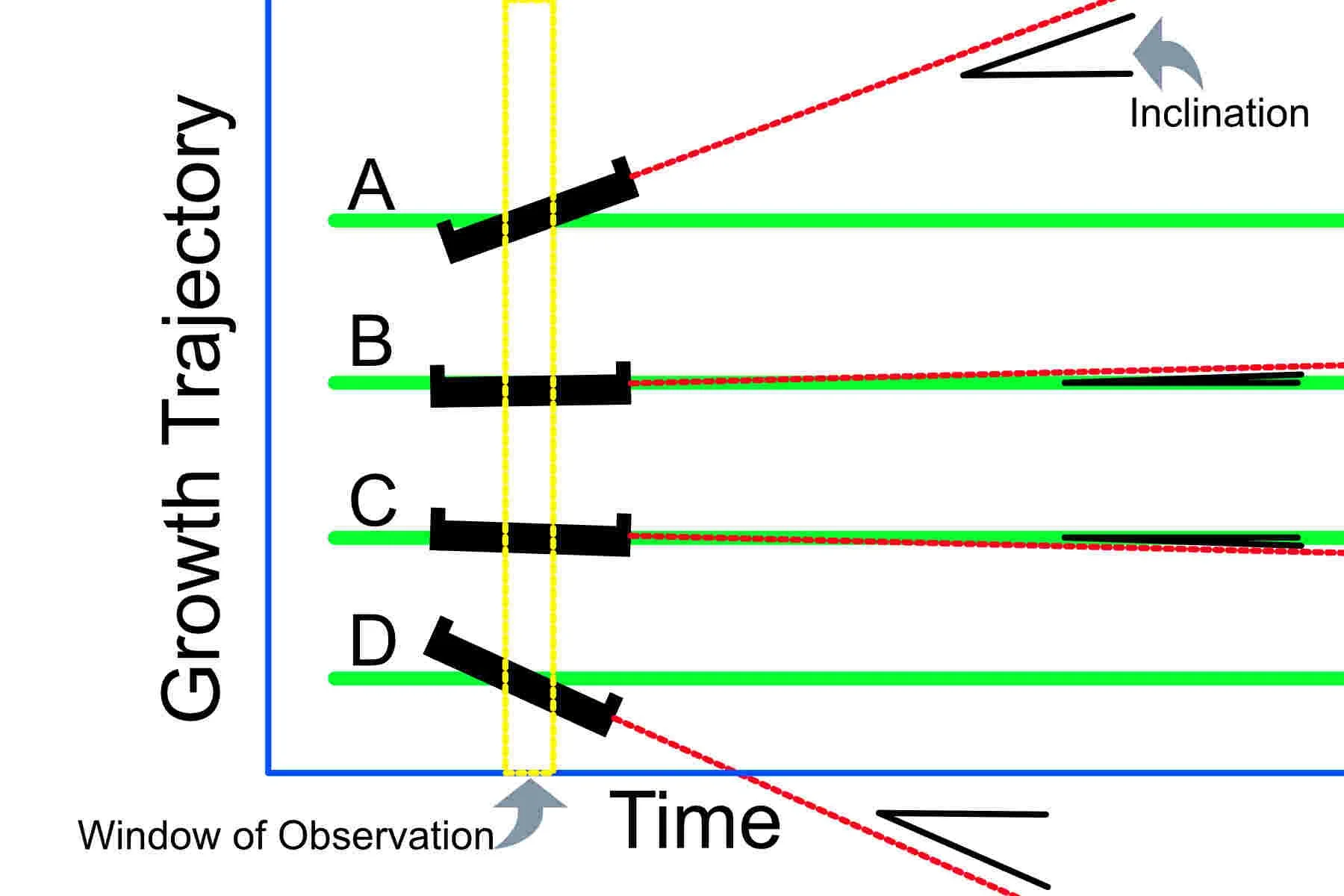Scientifically Testing Salvation Claims (Is it reasonable?)
Abstract
An individuals claims of either fellowship with God and/or sonship of God are testable. Christians are Biblically and logically justified in applying these tests to themselves and others. Not all tests are equal. Some tests are limited by finite observation. One test is not.
Keywords: obedience, love, truth, judging, biases, reasonableness, critical thinking
Introduction
This quote from 33 Strategies of War by Robert Greene recently brought to mind a sermon series in which I’d been preaching my way through the Epistles of John. I’m wondering how it relates.
“You must strive to apply this ruthless standard in your daily life; judging people by the results of their actions, the deeds that can be seen and measured… what people say about themselves does not matter. People will say anything. Look at what they have done. Deeds do not lie.”
What the author was trying to bring out is simply that we cannot see a person’s heart or intentions. All we can observe is how they live.
Yet so often in the Christian world we are expected to accept someones claims based on their intentions alone because, “God knows my heart”.
One the one hand, if we are to be charitable to each other we are to think no evil of each other because, “[charity]… thinketh no evil”.
So, to a point, we are to give professing Christians the benefit of the doubt that they are saved if they say they are. I think.
However, I’m concerned that we often go to an extreme of not thinking critically about ones claim of salvation. By the way, that is not the same as being critical.
Is it my business?
I’ve heard preachers say, “We’re not to judge people’s salvation claim because we cannot dogmatically know.”
This is partially true. We cannot fully know. The veracity of their salvation claim can only be fully known by the claimant and by God.
However, how are we to fulfill the great commission if we do not at least in some way make a presumption of lostness upon the people of this world. Frankly, I’m glad the man that led me to Christ presumed I was lost!
Conducting Tests
John’s epistles are widely known for giving observable, testable evidences for salvation. Why are these here if we’re not to apply them? John was primarily dealing with the testing of false teachers, but the test are effective universally.
While James’ epistle says, “Faith without works is dead”, John’s epistles demonstrate what some of those works generally are by saying “If we say…. then…”.
He repeatedly poses conditional statements that often appear very black and white because what people say is often very different from what they are. But is it really as black and white as it appears? I don’t think so. Let me explain.
John basically gives us two testable elements- a believers’ claim of fellowship with God, and an unbelievers claim of salvation. Both can be tested. What’s even more interesting is that the test criterion often appear to be the same or similar.
In the first two chapters of 1 John, we are given three test criteria: Obedience (1 John 2:3-4), Love (1 John 2:9-11; 15-17), and Truth (1 John 2:18-27).
Some see more tests than that in there, but I think it condenses down to these three primarily.
Limitations of Testers
The Obedience Test means observing one’s adherence to Biblical precepts, the Love Test involves looking for the presence of love toward God and the brethren and no love of the world’s system, and the the Truth Test involves testing the content of what they actually say they believe against scripture.
The reason we cannot just take all three tests and apply them indiscriminately to others is because the first two tests are based on somewhat limited abilities of observation- the Obedience Test and the Love Test. This is the unexpected twist! I have no way of empirically applying those two tests in each subject with the thoroughness needed to draw a dogmatic conclusion every single time.
I can observe gross disobedience of scripture in a person and I can observe strict obedience to scripture. Those are apparent observations. However, some professing Christians waffle somewhere in the middle making things much less apparent from my observational standpoint, which is often just a small window.
Some days their scriptural adherence is impressive. At other times, you wonder what’s in their head. And I don’t even go home with them and see what happens there! I also can’t see their thoughts or the attitudes they suppress in order to save face.
Some appear to show great interest in the people of God. They are faithful to church and develop many social relationships there. But do they pass the other tests? Who knows?
My observational ability is finite and at times even subject to personal biases. If I like the person, I may compel myself to accept their salvation claim with much less evidence than someone who rubs me the wrong way.
Also, I don’t see them in their private life. Even a grossly worldly Christian can have a positive inclination toward righteousness so minute I can’t observe it in a moment, but over a long time, such an inclination demonstrates growth. This growth over time is definite evidence of salvation even if it’s imperceptibly slow. I just couldn’t observe it in a moment.
Notice on the chart below, in my finite window of observation, only “A” and “D” have overt observational evidence. “B” and “C” appear almost the same within the window. The chart delineates true believers whose growth in obedience, love, truth trends upward above the green timeline. The chart also demonstrates the false as those who plunge further and further from obedience, love, and truth.
This chart means that what may look to me like a false professor (“B”), may be a Christian with slow, almost imperceptible growth process. My window of observation is just small and limited by me not being omniscient and not always being in proximity to the subject.
Perhaps inwardly they really struggle with their own cognitive dissonance as one who is a believer and doesn’t live like one. Perhaps they’re not happy in their unholy condition but are just too carnal to make better choices. I can’t observe that data unless they voice such inner conflict to me. If no such inner conflict exists in them, they’re false. But again, how can I observe that?
I’m also limited by time. They may appear to be dipping below the line, but they could come back. Simply because they haven’t yet does not mean they won’t.
I may also observe a false professor (“C”) who is very moral and disciplined, at least in my presence and yet doesn’t believe or understand the true Gospel and they simply talk a good Christian talk. Such would thereby fail the Truth Test.
So, when John offers the Obedience Test and the Love Test, they are black and white tests, insomuch as I can observe them in others fully and over a long period of time, which I can’t thoroughly and empirically do. So while obedience and love are objective realities, my finite observation can only give me a reasonable but subjective conclusion.
This is why even though I’m Biblically authorized to conduct these tests, I must be careful of making dogmatic conclusions with these two tests alone.
Notice, I said “reasonable but subjective”. With the Obedience and Love Tests, I can only get close in my evaluation. I can’t draw a perfect conclusion from those tests, but I can draw a reasonable conclusion. If someone seems comfortable moving away from obedience, love, and truth over time without demonstrating any inward conviction of such, I can reasonably (not perfectly) conclude they are most likely not a true child of God.
The Truth Test is different. This one is most definitely as black and white as it seems. I don’t need infinite abilities of observation to use the Truth Test. If someone tells me they’re a Christian because they’re a good person, well, they clearly don’t have the truth. One cannot believe that idea and be an actually saved person.
Or if they say that Jesus was just a good man and not God incarnate, well, they’re lost as can be.
My conclusion from the Truth Test is more than reasonable, it is perfect because it is not subject to my finite observation but instead on direct, deterministic, threshold statements of the individual compared against direct, deterministic, threshold statements of Scripture.
And that doesn’t even factor in some Christians who are genuine but are simply not articulate or are unfamiliar with theological terms or our “standard way” of explaining the Gospel or their salvation experience. In such a case, it becomes markedly more difficult to conduct the truth test.
Conclusion
Should we critically evaluate ones salvation claim? Yes, I think we should (provided we have at some point done so with our own). That’s not “judging”, it’s thinking critically. It hinders our evangelism if we don’t think critically about this.
The worlds largest unreached people group, I believe, is the world of false professing Christendom. I believe this is because many of our Baptist brethren aren’t willing to critically evaluate salvation claims because they are under the impression that because we can’t know perfectly, that we shouldn’t try to approximate. It is not your fault for questioning ones salvation. It is their fault for making it questionable.
It seems that with responsibilities to evangelize the lost and have a saved church membership, that we should be equipped with some kind of test criterion to guide our thinking and actions. John gives us some!
If we’re not supposed to apply these tests to ourselves and others, then they are in the Bible for nothing. It’s a complex thing that I don’t think I’ll ever know all the of the ramifications of. I just know I must be careful to avoid the extremes at either end of the subject.
John’s tests give us a means by which we can follow the trail of evidence to a reasonable conclusion with the Obedience test and the Love test, and a perfect conclusion with the truth test. Still, I must be careful to not allow personal biases or personality dislikes to skew the test results. I must be vigilant, careful, and prayerful in how and why I use this Biblical information.
And perhaps one of the biggest risk factors we get from the tests John gave us, is the possibility of becoming haughty and critical of anyone who doesn’t live just like us. However, when we remember that we are finite and sometimes subject to biases, that can go a long way toward helping us use these tests with the proper attitude and for proper reasons.
And, at the risk or sounding rather “unscientific”, one way in which true believers often know each other is simply that, well, we just kind of know.
Romans 8:16 The Spirit itself beareth witness with our spirit, that we are the children of God


